
Embark on a journey to explore all facets of Riesling, a grape varietal as storied as it is sumptuous. This article serves as an oenophile's guide to the Riesling, uncovering the whimsy and wisdom wrapped within its green-skinned beauty. We'll start with a cluster of fun facts to pique your curiosity, setting the stage for a deeper dive into this noble grape's rich history and evolution. The narrative then flows into the essential viticulture conditions—soil types, climatic influences, and the vital role of topography and altitude—that culminate in the Riesling's refined expression. We'll tour the key regions where Riesling's roots run deepest, from the steep slopes of Germany to the sun-drenched vineyards of Alsace, and beyond to Austria and the New World's innovative territories, including the frost-kissed vines that produce Canada's icewine royalty and New Zealand's emerging contenders.
Within the rich tapestry of the wine world, Riesling grapes hold a prestigious position, known for their versatility and their expressive reflection of the terroir. Originating from the Rhine region, Riesling has traversed borders and won accolades for its unique ability to balance acidity and sweetness, a dance of flavours that caters to a spectrum of palates.
Riesling is an aromatic grape variety. Typically, these grapes are small and round, with a thin skin that belies their robust character. They are beloved for their floral fragrance, high acidity, and stone-fruit flavours, which persistently linger long after enjoying the wine.
A chameleon of the wine world, Riesling can present a different face depending on its vinification. It can shine as a bone-dry Riesling wine, austere and mineral-driven, or it can produce sweet wines that dazzle with notes of honey and spice, especially with the help of noble rot (and yes, with Riesling you can even produce a high-quality sweet, dessert wine). This variability is a testament to the grape’s adaptability and the skill of the winemakers who craft these styles.
Moreover, Riesling grapes are known for longevity on the vine and in the bottle. They can age gracefully for decades, developing complex, petrol-like aromas that are highly appreciated by enthusiasts.
Each of these facts underscores the incredible diversity and resilience of the Riesling grape, contributing to its status as a beloved staple in the world of viticulture.
The Riesling vine, with its storied past and significant contribution to the wine industry, has roots that extend deep into the annals of history, with its earliest documented presence in Germany. The first tangible record harks back to March 13, 1435, when an entry in the cellar log of Count Katzenelnbogen in Ruesselsheim noted the purchase of six Riesling vines by Klaus Kleinfish for 22 solidi. While other regions like Wachau in Austria in 1232, Westhofen in Rheinhessen in 1402, and Alsace in 1348 claim to have hosted the grape's inception, it is this transaction that stands as the earliest proof of Riesling’s cultivation.
Despite less documented origins, the Riesling vine's spread is storied in vineyard lore. A tale from the 14th century tells of Cistercian Monks in the Eberbach Monastery, dissatisfied with their local reds compared to the robust French versions, who decided to commit to white grape varieties, inadvertently promoting Riesling. By 1464, the St Jacob Hospice in Trier had acquired 1,200 ‘Ruesseling’ vines, signalling the grape's expanding influence. Further, late 15th-century mentions—the reference to 'Ruessling hinder Kirssgarten' and a 'Rissling wingart'—indicate Riesling's foothold in German viticulture.
The etymology of ‘Riesling’ itself is not without intrigue. Some suggest it stems from ‘Russ’, meaning dark wood, and ‘rissig’, indicative of the grapevine’s grooved bark. Others attribute it to ‘verrieseln’ or ‘durchrieseln’, German terms that describe the grape's poor flowering in cold snaps. Hieronymus Bock, in his 1552 herbal texts and later in 1577, acknowledged Riesling's presence along the Mosel, Rhein, and near Worms, further solidifying its status.
The 18th century heralded a pivotal moment when, in 1716, the Prince Abbey of Fulda acquired the Johannisberg Abbey in Rheingau, replanting with nearly 300,000 Riesling vines between 1720 and 1721. Clemens Wenzeslaus, the Elector of Trier, took this commitment further, mandating in 1787 the replacement of all inferior vines with noble varieties, particularly Riesling.
By the 19th century’s close, Riesling had come to dominate the Rheingau region and had a significant presence throughout Germany. The 20th century, however, saw a wane in its cultivation, with only 57% of the Rheingau’s vineyards dedicated to Riesling by 1930. The trend reversed over the century, culminating in Riesling's modern acclaim as a national treasure, held in the same regard as Pinot Noir in Burgundy or Cabernet Sauvignon in Bordeaux.
Riesling's journey extended beyond European borders, with the first Australian reference appearing in 1820. William Macarthur planted 20 acres of vineyards at Camden Park, NSW, including Riesling, among other varietals. The mid-19th century saw German vinedressers introduce Rhine Riesling to Australian soil, a venture that bore fruit, literally and metaphorically.
The grape's Australian narrative continued with Penfolds Wines acquiring 'Minchinbury' in 1912, expanding the vineyards and diversifying the varietals grown. However, it was the 1970s that marked a boom for Australian Riesling, propelled by the advent of the wine cask, introduced by Angoves in 1965, and a taste for sweet, fruity wines, establishing Riesling as a mainstay in the New World wine scene.
Through centuries of cultivation, challenges, and reinvention, Riesling has not only endured but thrived. From its documented origins in a German count's cellar to the sun-drenched vineyards of Australia, Riesling’s history is as rich and complex as the wines it creates. It stands today as a testament to the enduring spirit of viticulture and the timeless quest for the perfect glass of wine.
The Riesling grape is celebrated for its ability to transmit the tale of its terroir directly to the glass, with the potential to yield an array of nuanced and complex wines. This delicate yet tenacious grape variety thrives under a specific set of viticultural conditions, each factor playing a critical role in shaping the character of the resulting wine.
Riesling has a particular affinity for certain soil types, each contributing distinct qualities to the wine:
The climate is equally pivotal for Riesling, requiring a delicate balance of conditions:
The influence of altitude and the topographical landscape on Riesling cannot be overstated:

The culmination of these conditions is a grape capable of expressing an extraordinary range of flavours, from the crisp green apple and citrus notes found in its youthful state to the complex petrol, honey, apricot and dried fruit characteristics that emerge as it matures. Each factor - soil, climate, and topography - acts as a variable that, when optimized, allows the Riesling grape not just to grow but to express the fullest expression of its heritage and the subtleties of its birthplace. It is within this delicate equilibrium that Riesling vines yield a harvest capable of transforming into some of the most revered wines in the world.
Riesling, with its translucent elegance and striking aromatic presence, has captured the hearts of oenophiles around the globe. It is a grape that whispers the secrets of the place it's rooted, offering a spectrum of styles from bone-dry to lusciously sweet. While it may have originated in the Rhine region, Riesling has found hospitable environments in various corners of the world, each terroir imparting a distinct signature to its wines.
As we embark on a global tour of Riesling's homelands, we uncover the diversity of this versatile grape and how it mirrors the terroirs it calls home. From the sun-drenched hills of Australia to the misty riverbanks of Germany, Riesling offers a unique lens through which we can explore the profound influence of place on wine. Each region weaves its own narrative into the vines, infusing the grapes with distinctive characteristics that resonate with the essence of their origin.

These regions illustrate not just the adaptability of Riesling but also how different terroirs can leave an indelible mark on the grape. Terroir's influence on Riesling is as nuanced as the grape itself. The soil types from the slate of Mosel to the limestone of Alsace, the climate variations from the cooler Canadian regions to Australia's sunny valleys, and even the vineyard aspects and altitudes all shape the expression of Riesling in profound ways.
Through this lens, it becomes evident that Riesling is not just a grape variety but a storyteller, narrating the tale of its origin with every sip. Each region leaves its thumbprint on the grape, crafting wines that, while sharing a varietal name, present a kaleidoscope of flavours, textures, and aromas that are as diverse as the terroirs from which they emerge.
The organoleptic journey of Riesling around the world demonstrates a fascinating interplay between the inherent qualities of the grape and the environmental factors that define terroir. It's a variety that demands attention to detail and a deep respect for the land, which, when given, yields some of the most captivating wines known to the discerning palate. As such, Riesling stands as a testament to the beauty of diversity in wine, showcasing how a single grape can produce a multitude of expressions, each with its unique sense of place.
The world of wine, particularly the cultivation of the aromatic Riesling grape, is becoming increasingly intertwined with the concept of sustainability. As we delve into this journey, it's fascinating to see how sustainable practices are nurturing both the environment and the vineyards, ensuring that our beloved Riesling grapes continue to thrive.
In the realm of Riesling grape growing, what was once considered waste is now being transformed into something wonderful. Picture this: the grape skins, stems, and leaves, previously discarded, are now finding new life. They're being turned into rich compost, enriching the soil of the vineyards with nutrients, reducing the need for artificial fertilizers. There's even more magic happening - these grape leftovers are being creatively repurposed into bioenergy and even eco-friendly packaging. It's a beautiful cycle of renewal that's reshaping how we view waste in winemaking.
Reducing the carbon footprint in the journey of Riesling grapes from vine to glass is a tale of innovation and commitment. Vineyards are harnessing the power of the sun and the wind, turning to renewable energy to power their operations. They're also getting smarter about farming practices, keeping the soil undisturbed to preserve its carbon-trapping abilities. Lighter wine bottles and smarter shipping strategies are coming into play too, easing the load on our planet. And let's not forget the trees and natural areas surrounding the vineyards, acting as guardians, capturing carbon and adding to the scenic beauty.
In the story of sustainable Riesling cultivation, water plays a starring role. It's all about using this precious resource wisely. Think of drip irrigation as a kind of vineyard acupuncture, delivering water exactly where it's needed, drop by drop. Then there's the magic of recycling water for irrigation, giving it a second life in the vineyards. Cover crops and organic mulches are like natural blankets, helping the soil retain moisture and reducing the need for extra watering. And in a gentle nod to nature, sustainable vineyards are minimizing chemical use to keep nearby waters clean and clear.
In sum, the journey of the Riesling grape towards sustainability is a tapestry woven with care for waste management, carbon footprint reduction, and water conservation. It's a heartwarming tale of how the wine industry, through these thoughtful practices, is not just preserving the environment but also enhancing the legacy of the cherished Riesling grape. This is a story of harmony between nature and viticulture, a testament to the love and respect we hold for our planet and the joys it brings to our lives.
Within the vast mosaic of the world's wines, Riesling holds a place of honour, celebrated for its remarkable versatility and expressive nature. This mid-section will unveil the most famous Riesling wines, showcasing the varietal's chameleon-like ability to reflect its terroir while maintaining its unique personality. The following selections are not just benchmarks of quality but also emblems of their regions, each telling the story of its homeland through aroma and flavour. They have earned their prestige by consistently expressing the quintessential characteristics of Riesling and by demonstrating how different terroirs can influence the grape in exciting and delicious ways.
FX Pichler Dürnsteiner Kellerberg Smaragd: The Wachau region is famed for its Smaragd (named after the local emerald lizard) category of wines, which are rich and full-bodied. FX Pichler's Dürnsteiner Kellerberg Smaragd exemplifies the region's ability to produce concentrated Riesling with vibrant stone fruit flavours, exotic spices, and a firm mineral backbone, conveying the primary rock soil's influence with each sip.
Inniskillin Icewine: Canada's Niagara Peninsula has carved out a reputation for producing world-class icewine, with Inniskillin leading the charge. Their Riesling Icewine is an intense dessert wine with a balanced acidity that cuts through the rich flavours of tropical fruits, honey, and citrus marmalade, a luxurious ending to any meal.
Framingham F Series Riesling: Marlborough may be Sauvignon Blanc country, but wines like Framingham's F Series Riesling show the potential for greatness with other varietals. These wines lean towards the sweeter spectrum, exhibiting New Zealand's vibrant fruit character with an interplay of lime and white flowers.
The tapestry of Riesling wines, woven from diverse soils and climates across the globe, tells a compelling story of adaptability, terroir, and winemaking artistry. From the steep slopes of Germany's river valleys to the dramatic landscapes of New Zealand, the famous Riesling wines we've explored embody the spirit of their regions while speaking a universal language of quality and complexity. They are wines that invite connoisseurs and casual drinkers alike to experience the nuances of aroma and flavour that only this noble grape can convey. As ambassadors of their terroirs and champions of the Riesling grape, these renowned wines stand as both a testament to the grape's heritage and a beacon for its future, promising continued delight for palates around the world. Whether sipped as a vibrant young wine or savoured with the patina of age, Riesling remains a varietal that continually captures the imagination and rewards the senses.
The journey through the world of Riesling has been an intricate voyage from its elemental origins to the pinnacle of vinicultural artistry. In this profile, we have traversed a path from understanding its characteristics to its storied history dating back to 1435 in Germany. The profile highlighted Riesling's versatility, capable of yielding a spectrum of wines from dry to sweet, with typically lower alcohol content. The profile delved into the grape's viticultural needs, emphasizing the specific soil types, climatic conditions, and the importance of topography and altitude in developing its complex flavours. Conclusively, Riesling is not merely a grape but a symbol of historical continuity and vinicultural elegance, offering a unique experience with each vintage.
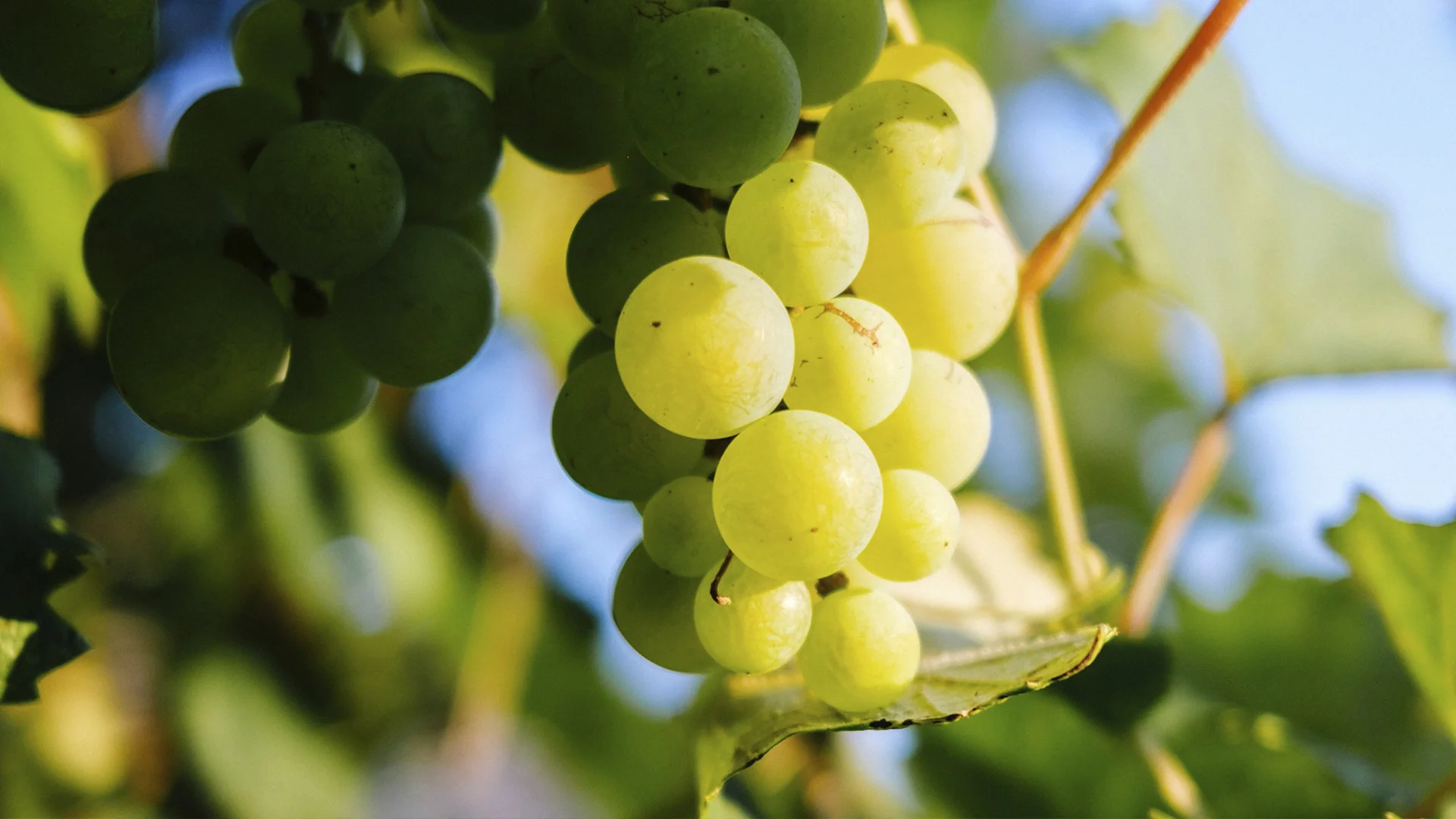
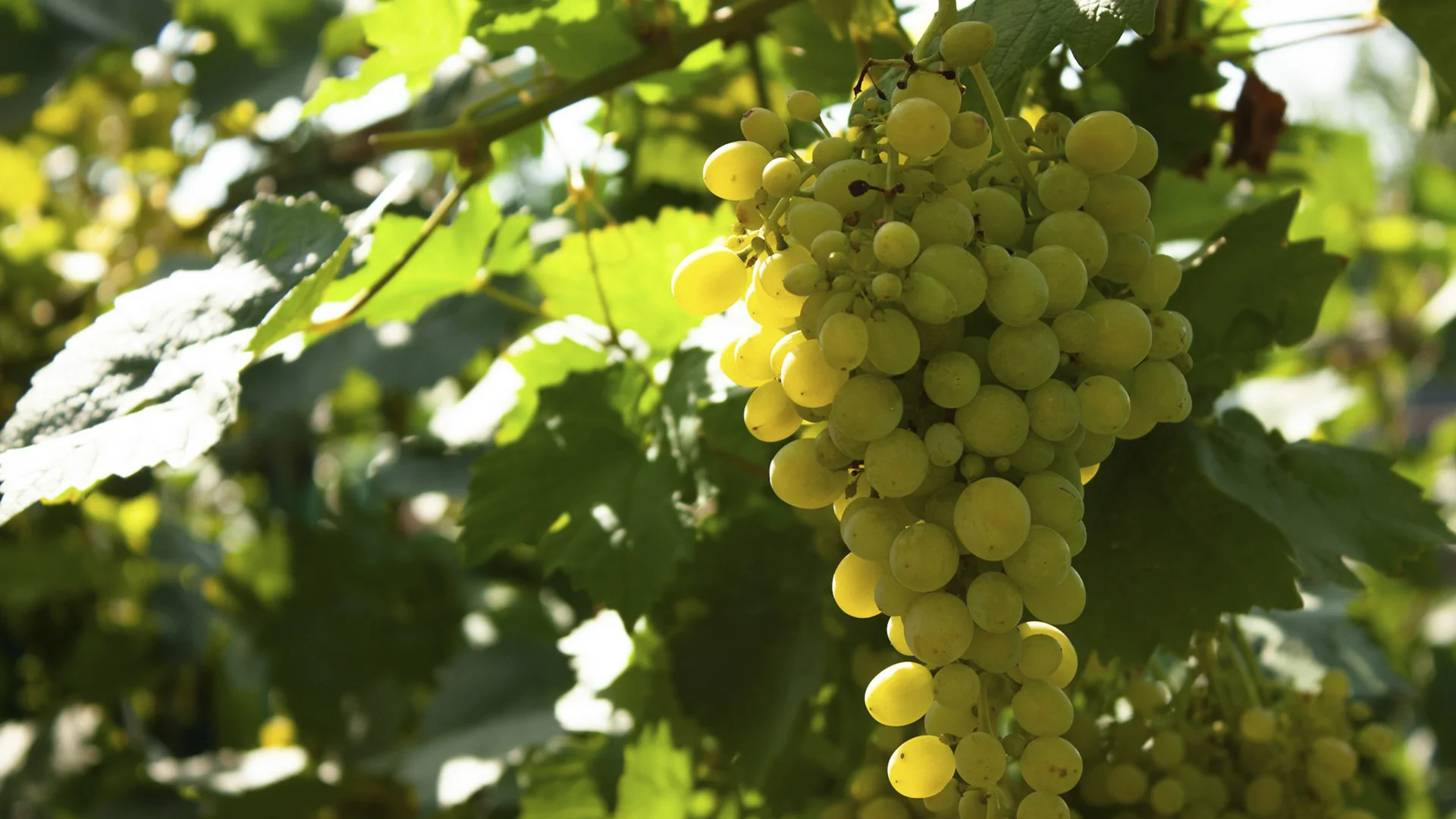
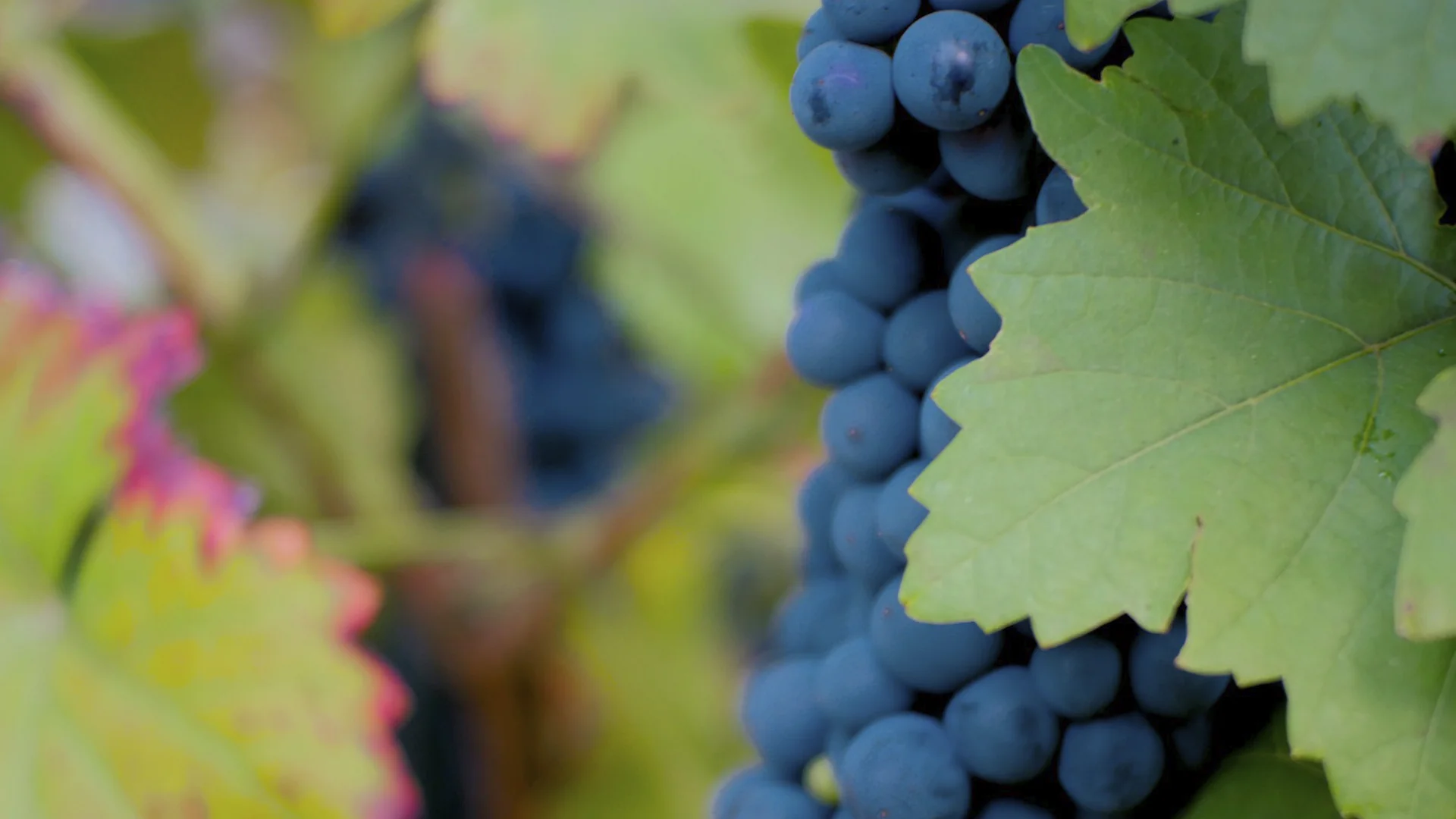
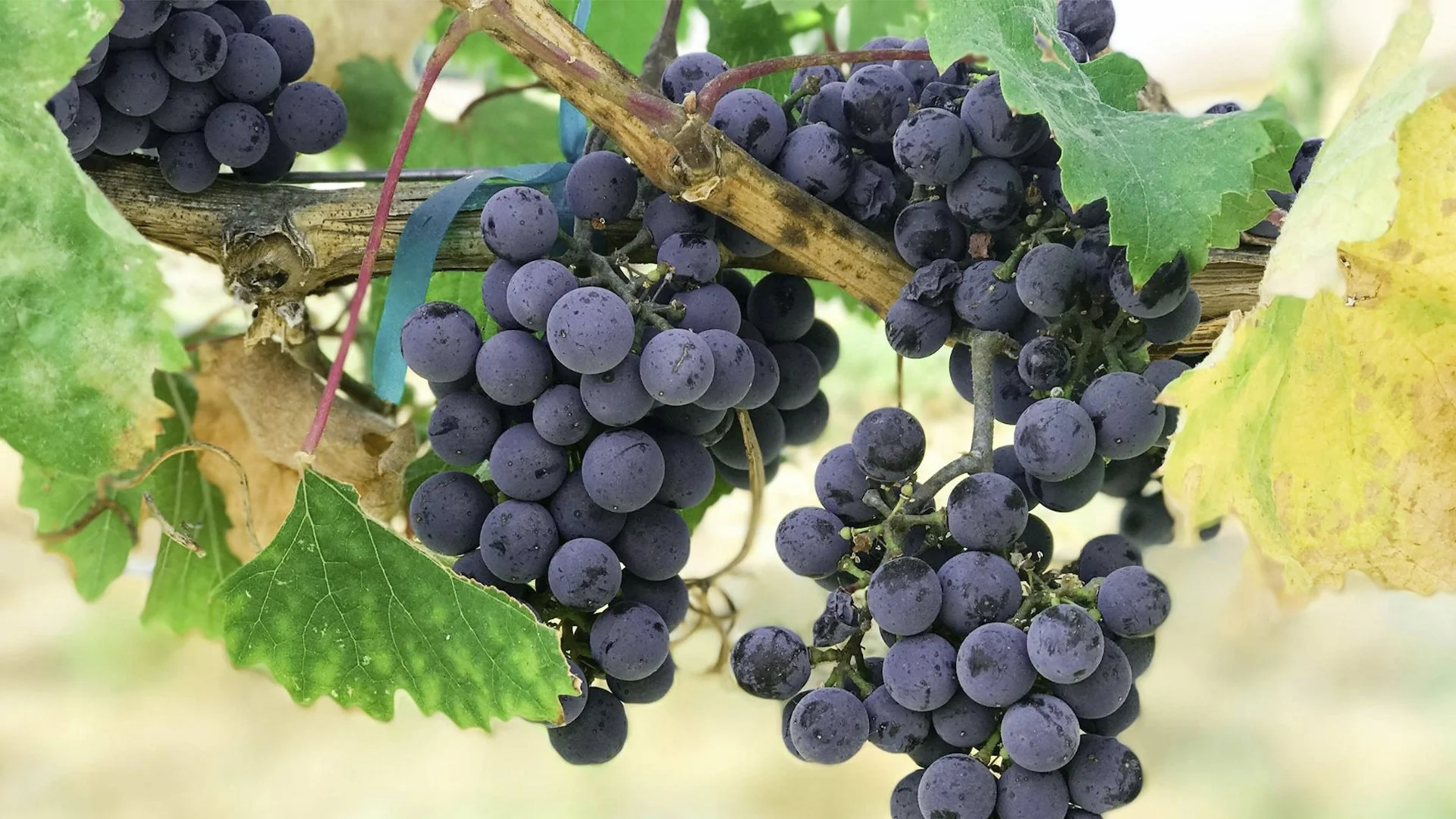
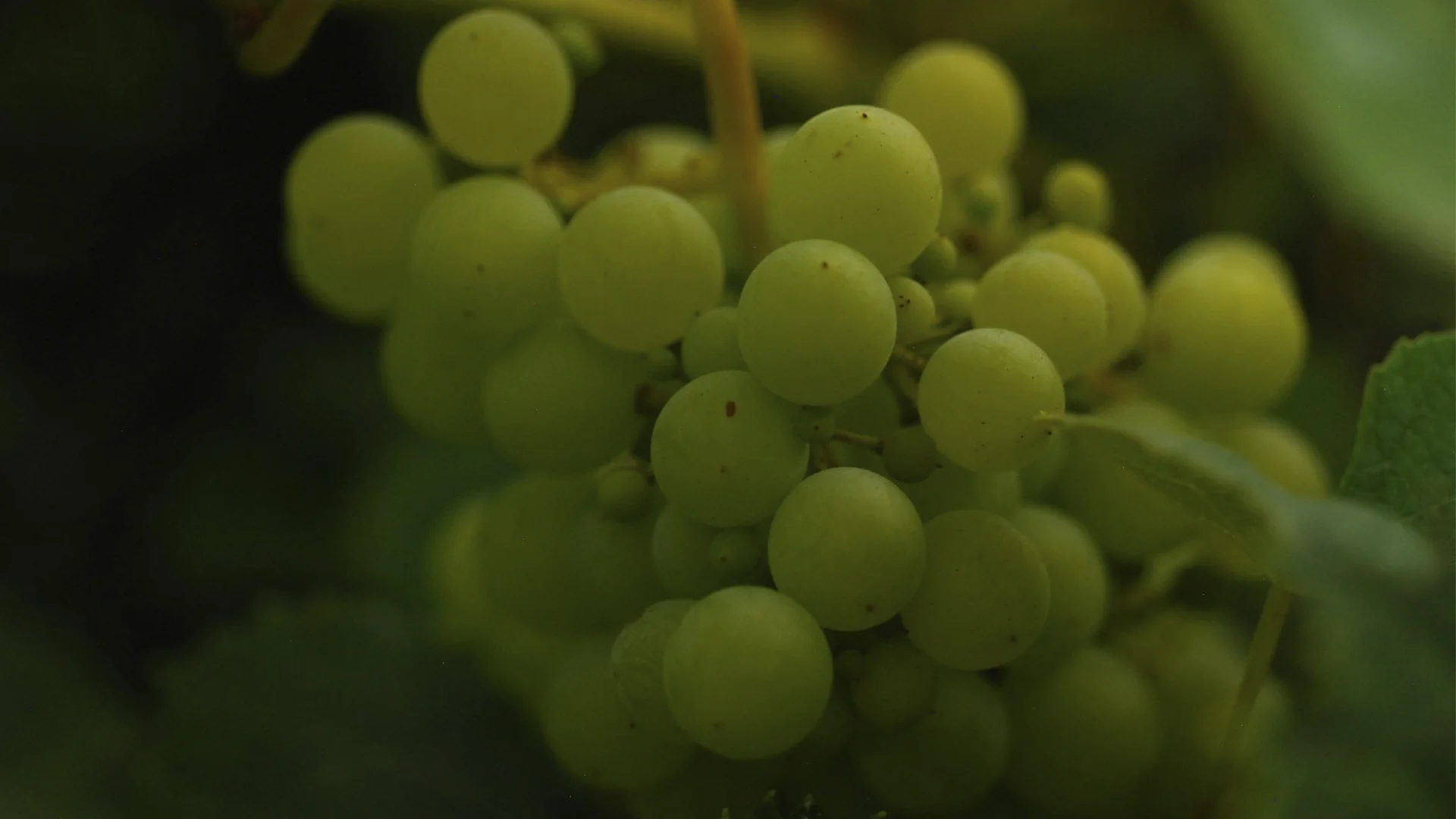
























































































.webp)

.webp)





Are you interested in
collaborating with us?